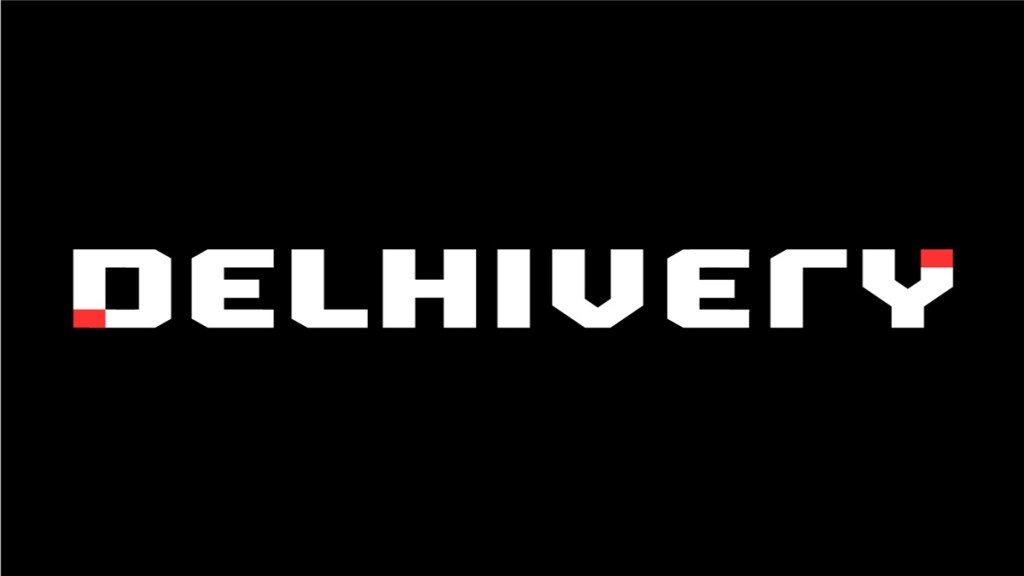Third-party logistics provider Delhivery reported a loss of `50.5 crore in the July-September quarter, compared to a profit of Rs 10.2 crore in the year-ago period, hit by costs related to the integration of Ecom Express. Excluding this one-time cost, the company posted a profit of Rs 59 crore.
Delhivery, which completed the Rs 1,369-crore acquisition of Ecom Express in July, recorded a Rs 90-crore loss related to the shutdown of facilities, dismantling and transfer of automation equipment, exit from certain contractual arrangements, and exiting employees. The company continued to estimate the overall integration cost at `300 crore, most of which will be incurred through the rest of the financial year.
However, shipment volumes picked up in Q2, thanks to a GST cut-driven boost in consumption, which led to a 17% year-on-year rise in revenue from operations to Rs 2,559.3 crore. “Overall volumes in September benefited from the broader uplift in consumption owing to the change in GST rates,” the management noted. “This change also led to a shift in e-commerce and freight volumes to the last week of September, with a spillover into October.”
Shipment volumes in its largest segment, express parcel, increased 32% year-on-year to 246 million orders in Q2, while those in its part-truckload (PTL) segment grew 12% to 477,000 metric tonne. The Ecom Express acquisition has led to increased share-of-wallet with key clients, the management noted, adding that the clients’ organic business growth and festive demand have also contributed to increased volumes.
“While an exact breakup of inorganic v/s organic volume growth will be imprecise, a key indicator of organic growth comes from D2C and SME e-commerce volume, which has grown 40% y-o-y,” it said.
While revenue from its express parcel and PTL segments increased both sequentially and on a year-on-year basis, margins for these segments declined 100 bps and 220 bps, respectively, compared to the June quarter. EBITDA margin in its express parcel segment stood at 15.3%, while that in its PTL segment was at 8.5% in Q2.
The company had temporarily ramped up capacity for expected festive volume in early September. However, festive sales were delayed by a week due to GST rate implementation, and PTL client dispatches slowed until Sept 22. As a result, the company incurred temporary resource costs for an extra week, leading to margin losses.
“Overall Express Parcel Service EBITDA margins are expected to return to 16-18% levels by the end of FY26 with increased volumes, improved network utilization, and greater staffing productivity,” they added.

